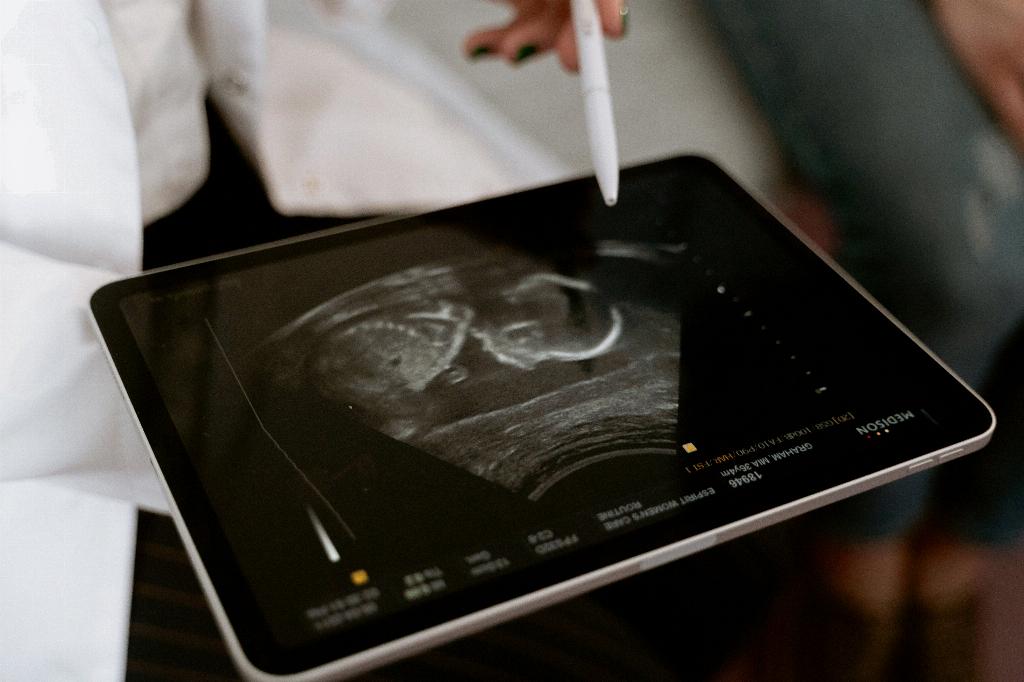Since ancient times, women have sought ways to determine if they are pregnant. The earliest recorded pregnancy test dates back to ancient Egypt, where women used a mix of dates and honey to detect the presence of pregnancy. As centuries passed, various methods involving urine, such as observing changes in color or taste, were used to indicate pregnancy.
Evolution of Pregnancy Tests
Advancements in science and medicine led to the development of more reliable pregnancy tests. In 1927, the first modern pregnancy test was introduced, known as the Aschheim-Zondek test, which detected the presence of human chorionic gonadotropin (hCG) hormone in urine to confirm pregnancy.
Introduction of Home Pregnancy Tests
Home pregnancy tests revolutionized the way women could confirm pregnancy in the comfort of their own homes. In the 1970s, the first at-home pregnancy test kits became available, allowing women to simply urinate on a stick to determine if they were pregnant.
Early Detection Tests
Today, advancements in technology have led to the development of early detection pregnancy tests. These tests are highly sensitive to hCG levels, allowing women to detect a pregnancy as early as a week before their missed period. Early detection tests provide women with the opportunity to learn about their pregnancy sooner.
How Early Tests Work
Early detection pregnancy tests work by detecting the presence of hCG hormone in urine. During early pregnancy, hCG levels increase rapidly, and these tests can pick up on even small amounts of the hormone to provide a positive result. This early detection feature gives women the ability to learn about their pregnancy at the earliest stages.
Benefits of Early Pregnancy Testing
Early pregnancy testing offers numerous benefits to women. It allows for early prenatal care, which is vital for the health of both the mother and the baby. Detecting pregnancy early also gives women more time to make informed decisions about their pregnancy and plan accordingly.
Accuracy of Early Tests
Early detection pregnancy tests are highly accurate when used correctly. These tests have a high sensitivity to hCG levels, leading to reliable results. However, it is important to follow the instructions carefully and use the test at the appropriate time for the most accurate results.
Availability of Early Tests
Early detection pregnancy tests are widely available at pharmacies, supermarkets, and online retailers. These tests come in various brands and formats, giving women a range of options to choose from based on their preferences and budget.
Consulting a Healthcare Provider
While early detection pregnancy tests can provide valuable information, it is always recommended to consult a healthcare provider for confirmation of pregnancy. Healthcare professionals can offer guidance, support, and medical care throughout the pregnancy journey.
Emotional Impact of Early Testing
Discovering a pregnancy early can evoke a range of emotions for women and their partners. Some may feel excited, while others may experience anxiety or uncertainty. It is important to address these emotions and seek support from loved ones or healthcare professionals.
Conclusion
In conclusion, the earliest pregnancy test has come a long way from ancient methods to modern-day early detection tests. With advancements in technology and medicine, women now have the opportunity to confirm pregnancy at the earliest stages, allowing for timely prenatal care and informed decision-making. Early detection tests offer women convenience, accuracy, and the ability to take control of their pregnancy journey.

